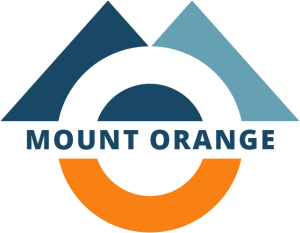Glossary: International Teaching Terms
Educators around the world use a variety of phrases and acronyms. Add yours to this glossary.
Հատուկ | A | B | C | D | E | F | G | H | I | J | K | L | M | N | O | P | Q | R | S | T | U | V | W | X | Y | Z | Բոլորը
H |
|---|
H.O.T.S.Higher Order Thinking Skills. The idea here is that some forms of learning require greater cognitive effort than others e.g. analysing information is cognitively more effortful (requires more cognitive processing) than learning facts. You can see a more detailed definition here. | ||
HEHigher Education - education that usually follows secondary education and takes place at University or college. | ||
HMSOHer Majesty's Stationary Office- Suppliers of stationary to government agencies | |
HOMESAn acronym for the 5 great lakes in the USA. Huron, Ontario, Michigan, Erie, Superior | |
HSCThe Higher School Certificate is the final standard school exam administered to Year 12 students in New South Wales, Australia. The exams take place in October and November, and around 70,000 students sit for their HSC each year. The HSC results are the determinant of entry to university courses. | |
HTMLHyperText Markup Language (HTML) is the main markup language for creating web pages and other information that can be displayed in a web browser. | |
HTML 5An advanced version of standard HTML | |
HTML5The fifth revision of the HTML standard released in December 2012.This revision supports the latest media and is more efficient for both people and computers to read. | ||
Habits Of MindThe Habits of Mind are a collection of learner attitudes and dispositions that can powerfully supplement the academic content in your classroom. This Learning Path will allow you to become familiar with the definition, significance, and nuance of each habit. | |
